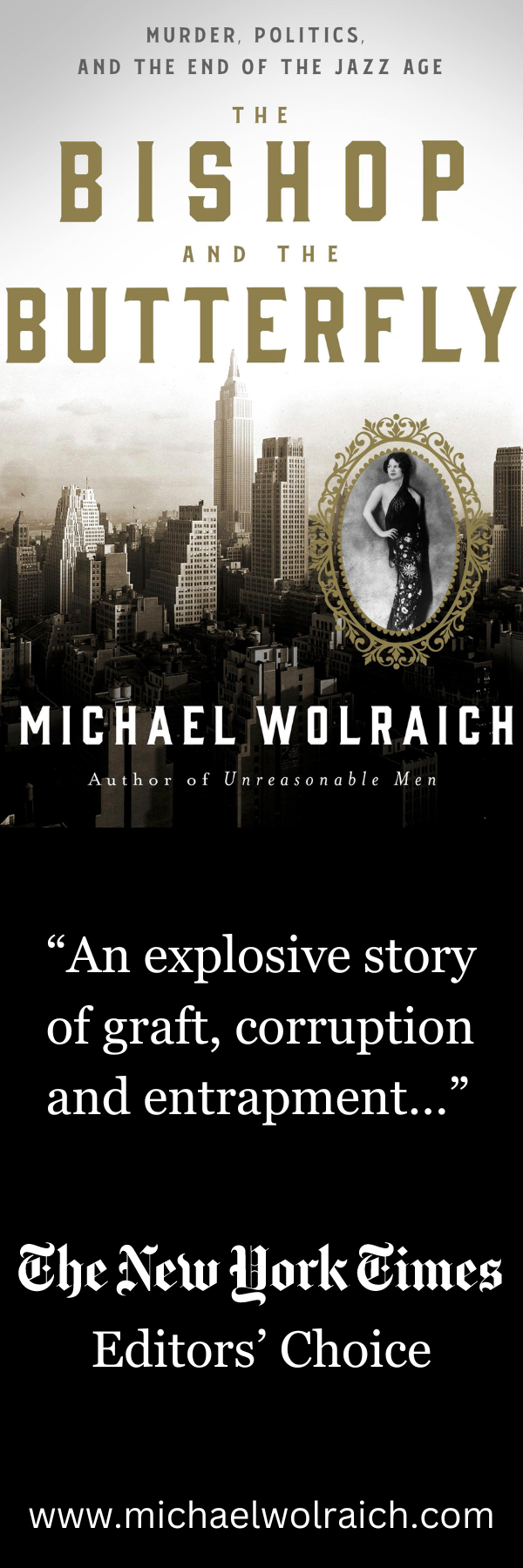Guest Op-ed by Steve Bullock @ NYTimes.com, Dec. 3
I take no joy in sounding the alarm, but I do so as a proud Democrat who has won three statewide races in a rural, red state — the Democrats are in trouble in rural America, and their struggles there could doom the party in 2022.
The warning signs were already there in 2020 when Democrats fell short in congressional and state races despite electing Joe Biden president. I know because I was on the ballot for U.S. Senate and lost. In the last decade and a half, we’ve seen Senate seats flip red in Arkansas, Indiana, North Dakota, and more. Democrats have lost more than 900 state legislative seats around the country since 2008. And in this year’s governor’s races in Virginia and New Jersey, we saw the Democratic vote in rural areas plummet, costing the party one seat and nearly losing us the other. It was even worse for Democrats down ballot, as Democrats lost state legislative, county, and municipal seats.
The core problem is a familiar one — Democrats are out of touch with the needs of the ordinary voter. In 2021, voters watched Congress debate for months the cost of an infrastructure bill while holding a social spending bill hostage. Both measures contain policies that address the challenges Americans across the country face. Yet to anyone outside the Beltway, the infighting and procedural brinkmanship haven’t done a lick to meet their needs at a moment of health challenges, inflation and economic struggles. You had Democrats fighting Democrats, letting the perfect be the enemy of the good, and desperately needed progress was delayed. It’s no wonder rural voters think Democrats are not focused on helping them.
I was re-elected as Montana’s governor in 2016 at the same time Donald Trump took our state by more than 20 points.. It’s never easy for Democrats to get elected in Montana, because Democrats here are running against not only the opponent on the ballot, but also against conservative media’s and (at times our own) typecast of the national Democratic brand: coastal, overly educated, elitist, judgmental, socialist — a bundle of identity groups and interests lacking any shared principles. The problem isn’t the candidates we nominate. It’s the perception of the party we belong to [....]


